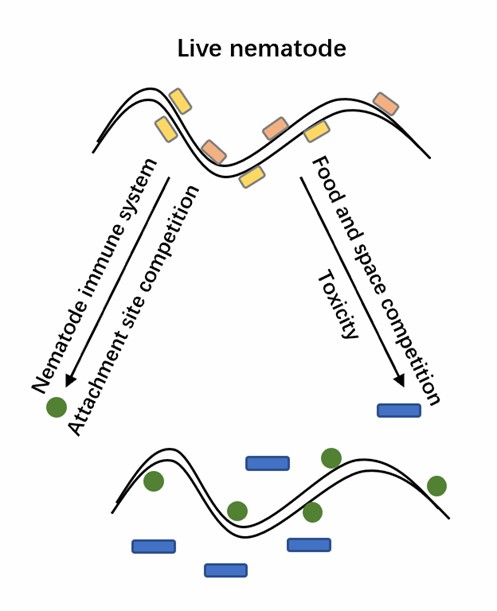A variety of biological factors are involved in the growth, reproduction, infection, and pathogenicity of nematodes, forming a complex micro-ecosystem. For example, pine wood nematodes form a close companion relationship with their surface microorganisms. The presence of nematodes is conducive to the reproduction and virulence of the associated bacteria. In turn, the associated bacteria can provide some nutrients and favorable environmental conditions for the growth, development, diffusion, and reproduction of pine wood nematodes. The associated fungi can provide food for nematodes, maintain the population, and increase the infection and diffusion rate of the nematode.
Lifeasible provides analysis of the pathogenic effects of nematode companion microorganisms in plants to help our customers worldwide in plant science research. Our platform is equipped with cutting-edge facilities and professional experts to support research. Here, we provide various services according to customers' demands.
 Fig.1 Pathogenic effects of nematode companion microorganisms.
Fig.1 Pathogenic effects of nematode companion microorganisms.
Lifeasible has a long-term commitment to the development and application of plant nematodes. We are pleased to use our extensive experience and advanced platform to provide satisfactory service and qualified products to meet the needs of our customers. If you are interested in our services or have any questions, please feel free to contact us or make an online inquiry.
Lifeasible has established a one-stop service platform for plants. In addition to obtaining customized solutions for plant genetic engineering, customers can also conduct follow-up analysis and research on plants through our analysis platform. The analytical services we provide include but are not limited to the following:
July 13, 2024